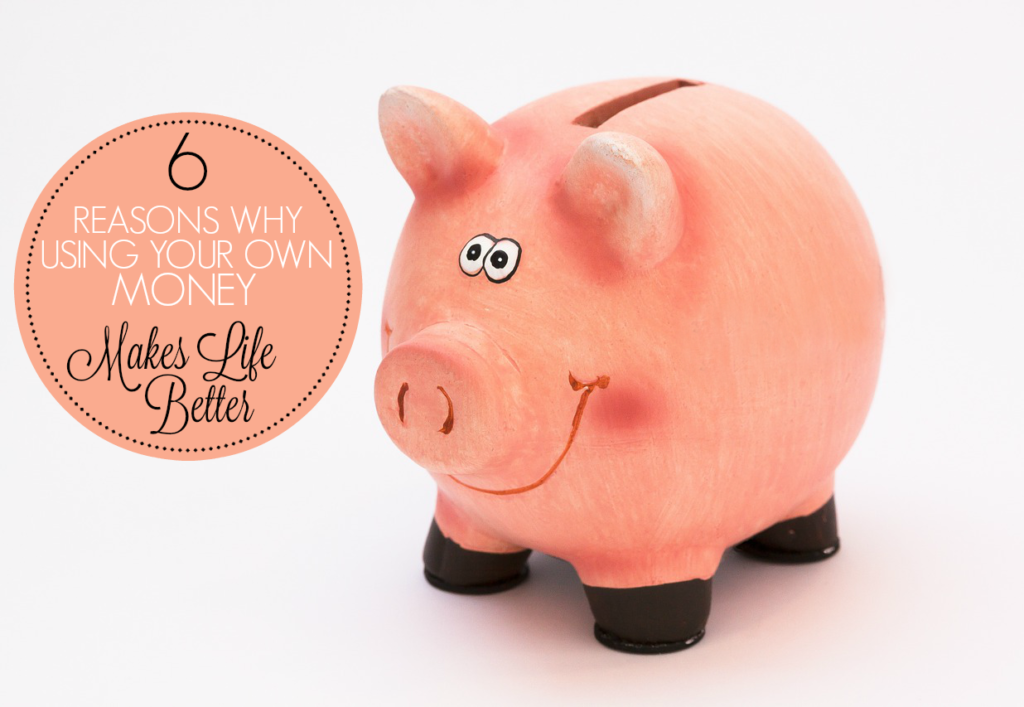Turning Your Passion Into a Career

Turning Your Passion Into a Career
When you have a fire in your belly for something, it can be all-consuming. Hobbies that fire you up, or relax you are the perfect way to spend your free hours. Sometimes though, something changes, and you know deep down, this is what you are meant to be doing. Keep reading for tips for turning your passion into a career.
This is where you want to spend your time, invest your money and share.
Eventually, work might become boring, and you might feel like the job you once enjoyed is becoming tedious. Passion in your work is essential.
It is what helps you get through the day, and makes the hours feel like minutes. Many people end up leaving their jobs before they have secured another one – just so that they don’t have to go another day in ‘that place’.
And, the idea of that is pretty sad.
But, there is a light at the end of the tunnel. Hobbies are typically something we are good, nay, great at. We can inspire other people with that greatness. It might just take you turning your passion into a career.
Discovery
While you might already have a clear idea about what it is you enjoy, and the hobbies that you are good at. Some people don’t. If you fall into the last category, then it might be time to put your spare hours to good use. Learning what you enjoy – outside of the things you have to do is important.
Hobbies and pursuits of passion are typically something that we are wired to excel in. Which is excellent news – once you find it. You need to know how to differentiate between what you love, and what you love and are good at.
For example, you might enjoy writing, but you just don’t make sense when you put a piece of work together. However, when you paint – it is breathtaking and seems to take you no effort.
Demand
All businesses need to make a profit, and that is only possible if there is a demand for their product or services.
If you find that you have a very niche hobby, then chances are the market won’t be saturated – which is excellent for you.
However, there are really low demand areas for somethings, and leaving your current job to jump in the freelancing pool might be a mistake.
You’ll need to be really clear on the demand for your product or service.
Research
You are going to have to put some serious hours into determining what you’re going to need to make it in this market. Finding out what machinery you need, if qualifications are required or just nice to have, specialized training, and how are you going to fund it?
Some people are okay with getting one-off payday loans, and others need to have much bigger loans that require some serious collateral.
As we have the internet at our disposal, it isn’t too difficult to find people who can share their experiences of what they have been through, how they did it, and some insight into the profit they are making.
Planning
If you really want to turn your passion into a profit, you will need a firm plan. You should include things like
- How much money you’ll need
- Do you have the products available
- How will you market your products or services
- Is the market saturated? How will you stand out?
- Business Plan
- How much do you need to earn to leave your current job, or pay the big bills?
Is there a back-up plan?
Professional
To be taken seriously, it often pays to be seen as a professional. If there are courses or skills to be learned on the way to launching your business – then go get them. The more qualifications you have, the more people will believe you either a) know what you are talking about or b) can do what you say you can do.
Start taking night or weekend classes, around your normal job, so that you supplement your knowledge. Not only will you be seen as a professional, but you will find new ways to enjoy your passion/hobby by adding new theory and techniques.
When you are qualified, people see you as an expert – that means you can also charge expert prices.
Planning 2.0
The road is not going to be smooth. In fact, there will be twists and turns, some days are going to feel like an uphill battle. It is smart to put money aside to make sure that you can deal with whatever comes your way.
There will be a lot of feedback too. The problem is when you are creating things, it might feel like it is a personal attack. However, you can take the feedback and act on it, or you can set it aside and revisit it another day.
Motivation
Once upon a time, your hobby was what you did for fun. Now it is what you are doing for money. Which sometimes means you might lose your motivation. And, that is going to feel really disheartening. But, it is much like everything else – you won’t love it all the time.
So to keep yourself motivated, always remember why you started this path. Take time out to create something that hasn’t been commissioned, and is not attached to any piece of work. So that you can flex your creativity, and still keep a place for your hobby in your personal life too.
You May Also Like:
- 4 Basic Financial Tips to Help You Save More
- Is it Time to Treat?
- Paying Off Debt & Saving Money at the Same Time
- Should You Take Out Instant Cash Loans to Travel?
It is important to remember that you must put your ‘must pay’ bills first. When you are looking to make the switch from being employed to being self-employed, think money.
You should be looking to earn around 50-75% of your current monthly income, or enough to cover your most important bills with a little bit left over. It is also advisable that you save up for 6 months before you take the leap.
When you turn your passion into a business, you get to take the thing you love the most and share it with the world.
Do you have any tips for turning your passion into a career?
Let me know, til then–cheers m’deres!

PIN FOR LATER:


Nancy Polanco is a freelance journalist, lifestyle content creator, and editor of Whispered Inspirations. She is a proud Mom to Gabby and Michaela and partner and best friend to Darasak. Having worked as part of a health care team for almost a decade, Nancy is happy to be back to her passion. She is a contributor to the Huffington Post, TODAY’s Parents, and an Oprah Magazine Brand Ambassador.






